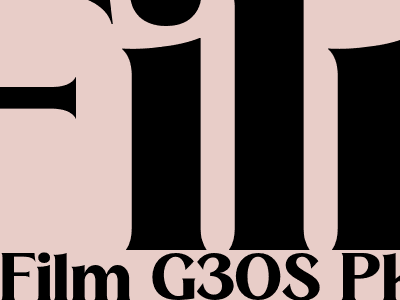
Film G30S PKI: An In-Depth Analysis of History and Controversy
Historical Context and Significance
Released in 1984, Film G30S PKI is an Indonesian propaganda film that depicts the events surrounding the alleged coup attempt by the Indonesian Communist Party (PKI) on September 30, 1965.
The film played a crucial role in shaping the official narrative of the coup, which led to the mass killings of suspected communists and the eventual downfall of President Sukarno.
Content and Accuracy
Myth and Manipulation
The film has been widely criticized for its historical inaccuracies and distortions. It presents a highly sensationalized and biased account of the events, depicting the PKI as solely responsible for the coup attempt.
Critics argue that the film deliberately omitted or downplayed the involvement of other political and military factions, including elements within the army.
Historical Significance
Despite its controversial nature, Film G30S PKI has had a significant impact on Indonesian history and culture. It has been used as a tool for political indoctrination and has contributed to the perpetuation of anti-communist sentiment in the country.
Controversy and Impact
Public Discourse and Debate
The release of the film sparked intense controversy and debate in Indonesia. Many scholars and activists have criticized its historical distortions and accused the government of using it as a tool for political manipulation.
The film has been banned and unbanned several times over the years, reflecting the ongoing political and social tensions surrounding the events of 1965.
International Perspective
Internationally, the film has drawn criticism from human rights organizations and historians for its role in justifying the mass killings and the suppression of political dissent in Indonesia.
Conclusion
Film G30S PKI remains a highly controversial and contested piece of Indonesian history. While it has served as a tool for shaping the official narrative of the 1965 coup attempt, its historical accuracy and impact on public discourse have been widely debated.
The film stands as a reminder of the complex and often turbulent political landscape of Indonesia, and the importance of critical historical analysis and open dialogue in addressing sensitive and contested past events.